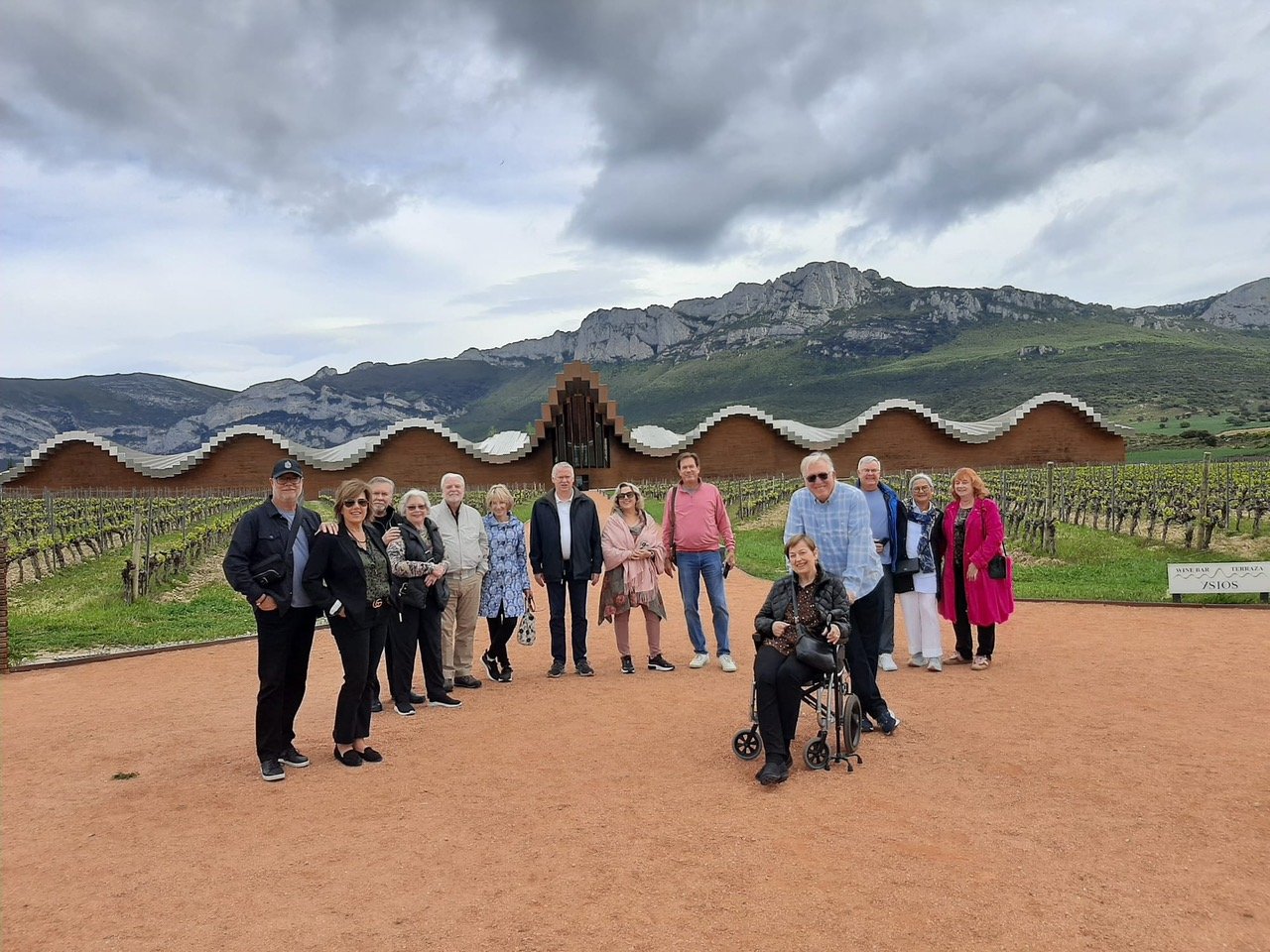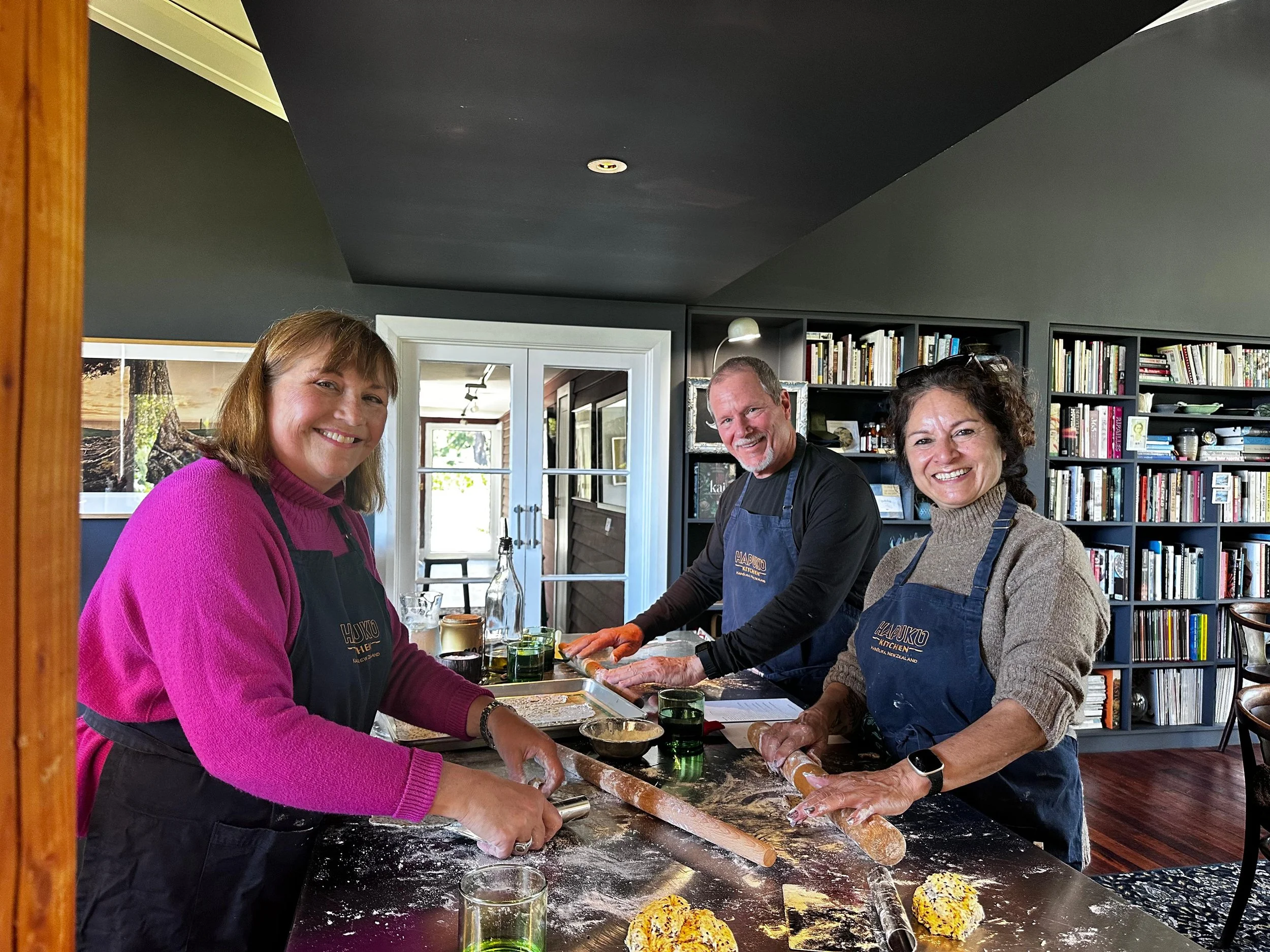
More Than Sightseeing. Travel that immerses you.
Learning how traditional Georgian quevri are made from one of the last qvevri makers in Georgia. Lunch at a picnic table on the Uyuni Salt Flat in Bolivia. Hearing firsthand from a Hungarian winemaker about making wine during Communism. Pulling fish from the seas off Kaikoura, with the snow-capped Kaikōura Range behind you — then cooking your catch with a local chef in her garden kitchen.
Experiential travel is immersive. It focuses on actively engaging with the culture, history, people, food, and environment of a place. It’s one of the best ways to create memorable and meaningful experiences that enhance sightseeing and visiting the well-known highlights.
With Global Gourmands, inspiring moments are only the beginning of your adventure. Through carefully curated experiences you are writing your own story, enabling your to experience a destination like a local and coming home as a global citizen.
Culinary travel is a kind of experiential travel, but Global Gourmands brings you beyond the tasting room and immersing you in your destination’s culture and flavors, its people and its history. You won’t just sample a region’s specialties, you will learn the secrets of its terroir and discover the traditions, stories and personal connections that you can’t find on TripAdvisor or anywhere else.
Traveling with Global Gourmands is a journey of discovery – of your destination and of yourself. Choose from one of my upcoming tours or contact me at 708-305-7354 to plan your custom adventure!
Rural Development & Culinary Travel
Gastronomy travel has the unique ability to support rural businesses, create jobs and protect and promote culture and heritage. It also is unique in that it is most likely to economically empower the “most vulnerable groups, such as women, youth, and indigenous and rural communities.” (UN World Tourism Organization)
I design and operate our tours collaboratively with local people on the ground, who have deep ties in the communities we visit. I believe this gives my clients the richest, most rewarding travel experiences while also strengthening local economies. This helps generate revenue for small-scale food producers and artisans, locally-owned restaurants and independent winemakers and breweries, all of whom are committed to innovative and environmentally sustainable practices.
By focusing on areas off the tourist circuit as well as operating tours in the low and shoulder seasons, culinary travel helps build economic resilience, contributes to the preservation of local cultural traditions and reduces our environmental impact.
For more information about how gastronomy tourism impacts rural economies, preserves cultural heritage, and creates sustainable livelihoods, visit UNWTO’s website.



